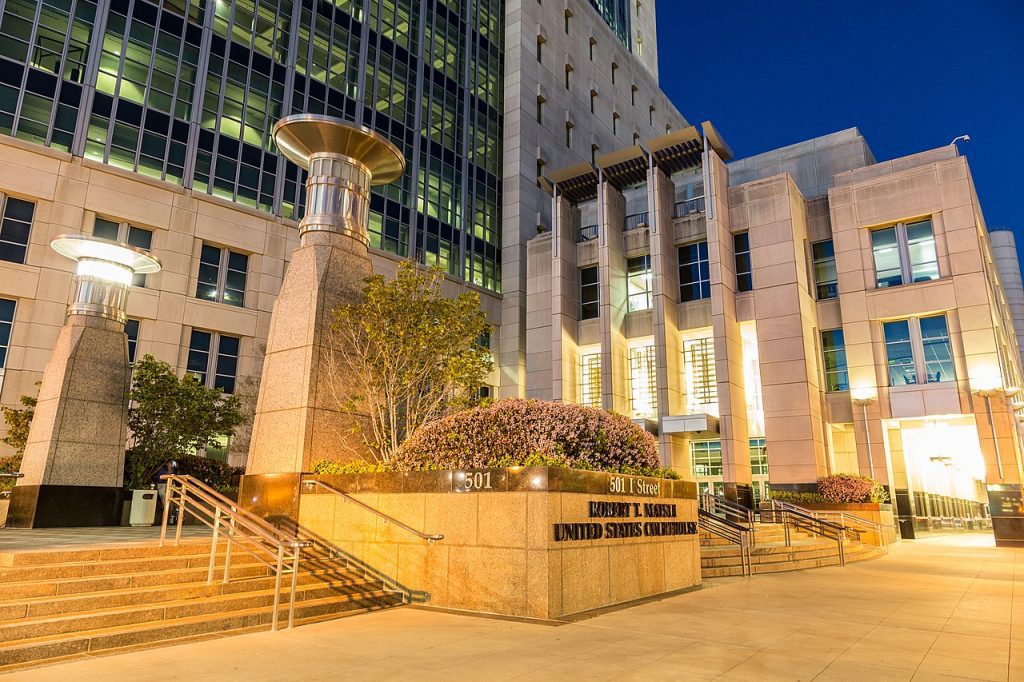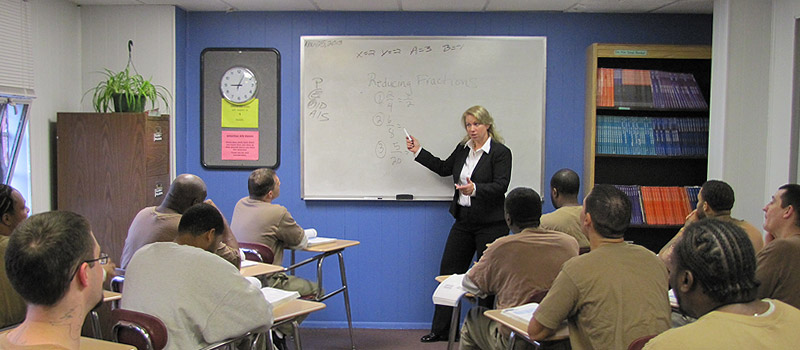Thousands of people in Bureau of Prisons (BOP) custody have been waiting on First Step Act (FSA) Time Credits since Dec. 2018 when the FSA became law. For months, courts told anyone who filed a lawsuit to get FSA Time Credits that they must wait until Jan. 15, 2022, for the BOP to apply those credits. So, incarcerated people and their loved ones waited for that date.
Now Jan. 15, 2022, has come and gone. Yet incarcerated people in the United States are still finding it hard — sometimes impossible — to get courts to help. A recent case called Garcia v Thompson from the United States District Court for the Eastern District of California before United States Magistrate Judge Carolyn K. Delaney is an example of this problem.
What happened in Garcia v Thompson?
In Garcia v Thompson, John Garcia, IV, a man incarcerated at FCI Herlong filed a lawsuit for FSA Time Credits. Garcia filed a petition for writ of habeas corpus. In it, he asked the court to apply the FSA Time Credits he claims he has earned since 2018.
As Magistrate Judge Delaney noted in her decision, Garcia “calculate[d] that he is entitled to earned time credits resulting in an early release date of June 20, 2022.” The California magistrate judge issued her decision on Apr. 21, 2022, meaning that Garcia had less than a month and a half to go before the date upon which he claims the BOP had to release him.

The BOP, on the other hand, identified Garcia’s “expected release date [as] January 26, 2027.” Because that date was so far away, Magistrate Judge Delaney said, “the BOP has not yet calculated the exact ETCs to be awarded to [Garcia].”
Magistrate Judge Delaney never meaningfully addressed this almost-five-year difference in her opinion, nor does she decide which party (Garcia or the BOP) had the correct calculation. Instead, she simply recommended dismissal of the lawsuit for FSA Time Credits “based on lack of ripeness.”
The magistrate judge dismissed the lawsuit for FSA Time Credits. Why?
Magistrate Judge Delaney dismissed Garcia’s lawsuit for FSA Time Credits “based on lack of ripeness” immediately. In essence, the ripeness doctrine stops a court from reaching a decision in a case unless there it presents “an actual controversy … involving a threat of injury that is real and immediate.”
So, according to Magistrate Judge Delaney, Garcia’s lawsuit for FSA Time Credits didn’t present “an actual controversy” for her to decide. The reason? “[B]ecause his release date is too far in the future….”
Of course, the release date that’s too far into the future is the BOP’s “expected release date [of] January 26, 2027,” not June 20, 2022, the date that Garcia claimed he was entitled to be released on. Nevertheless, the magistrate judge ruled that Garcia’s lawsuit was “merely an abstract disagreement between the parties,” not “an actual controversy” she could decide.

The Takeaway:
So, when can Garcia file his lawsuit for FSA Time Credits? He claims that he qualifies for release on June 20, 2022. Magistrate Judge Delaney said on Apr. 21, 2022, that it was too soon. Can Garcia file it in June?
Based on the magistrate judge’s decision, it sounds like Garcia has to wait until closer to the BOP’s expected release date for him, Jan. 26, 2027, nearly five full years after he claims the BOP had to release him. Does that make any sense at all?






